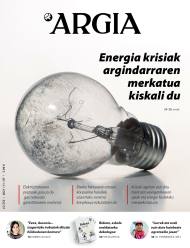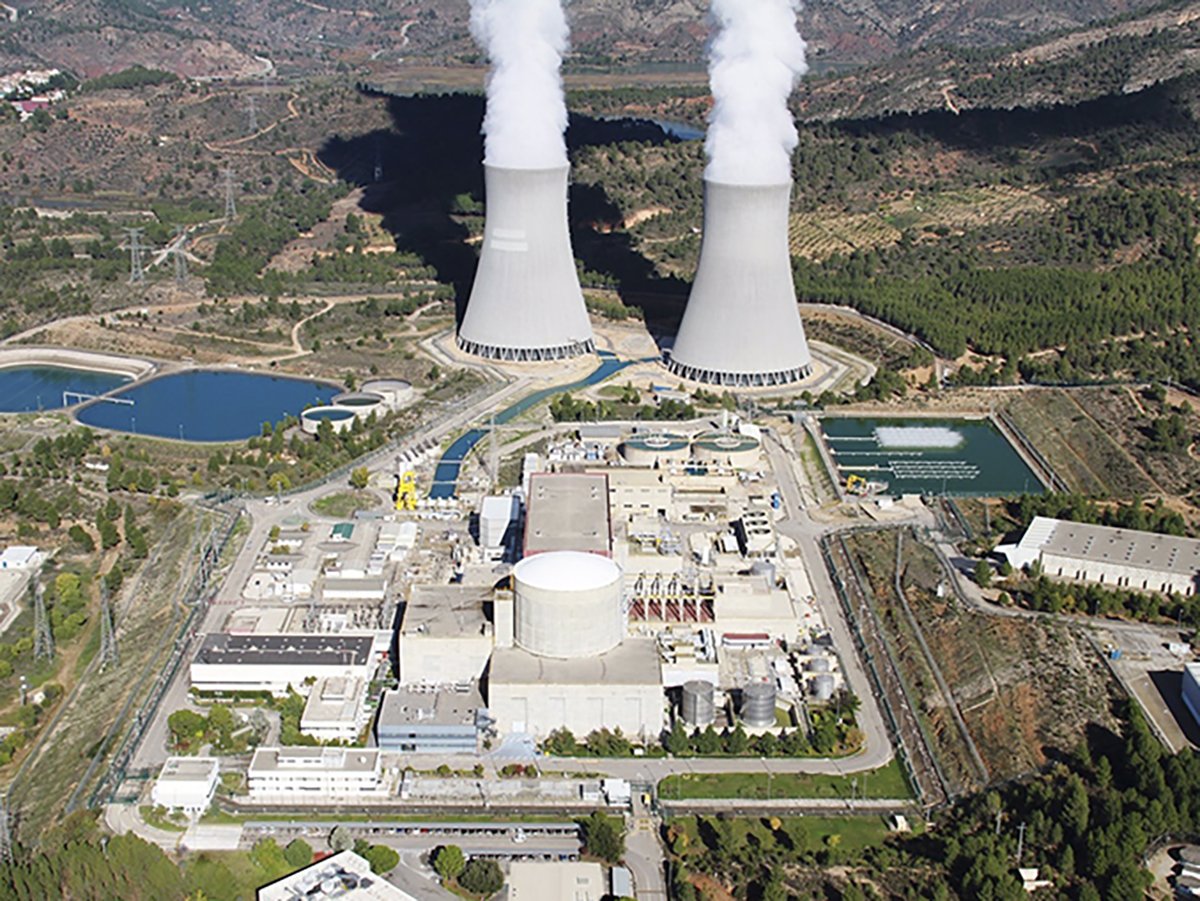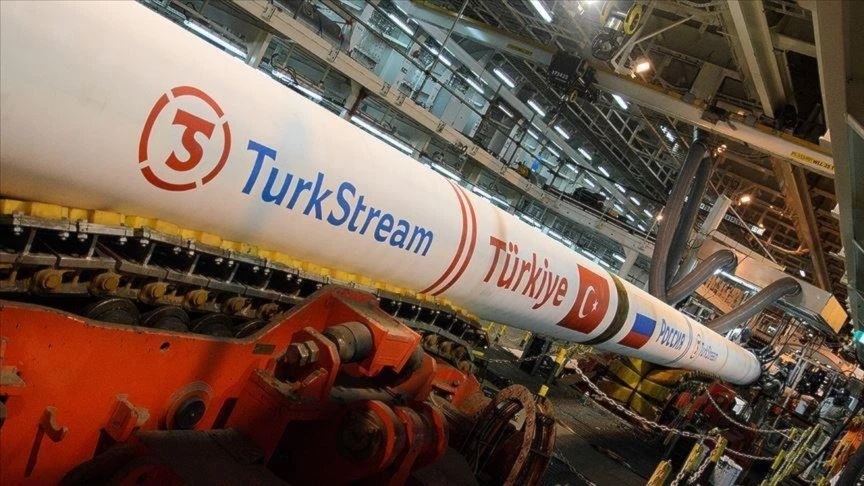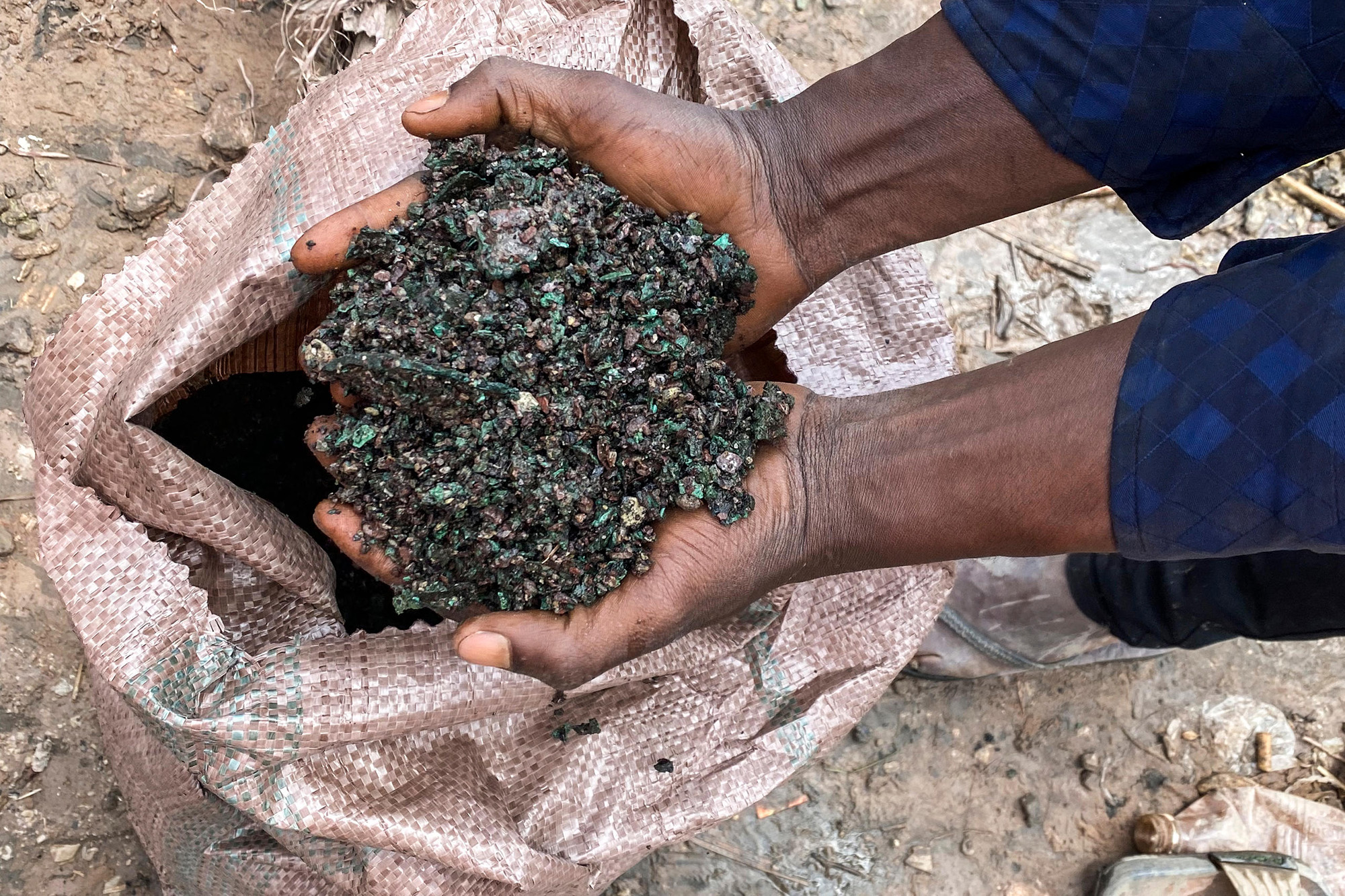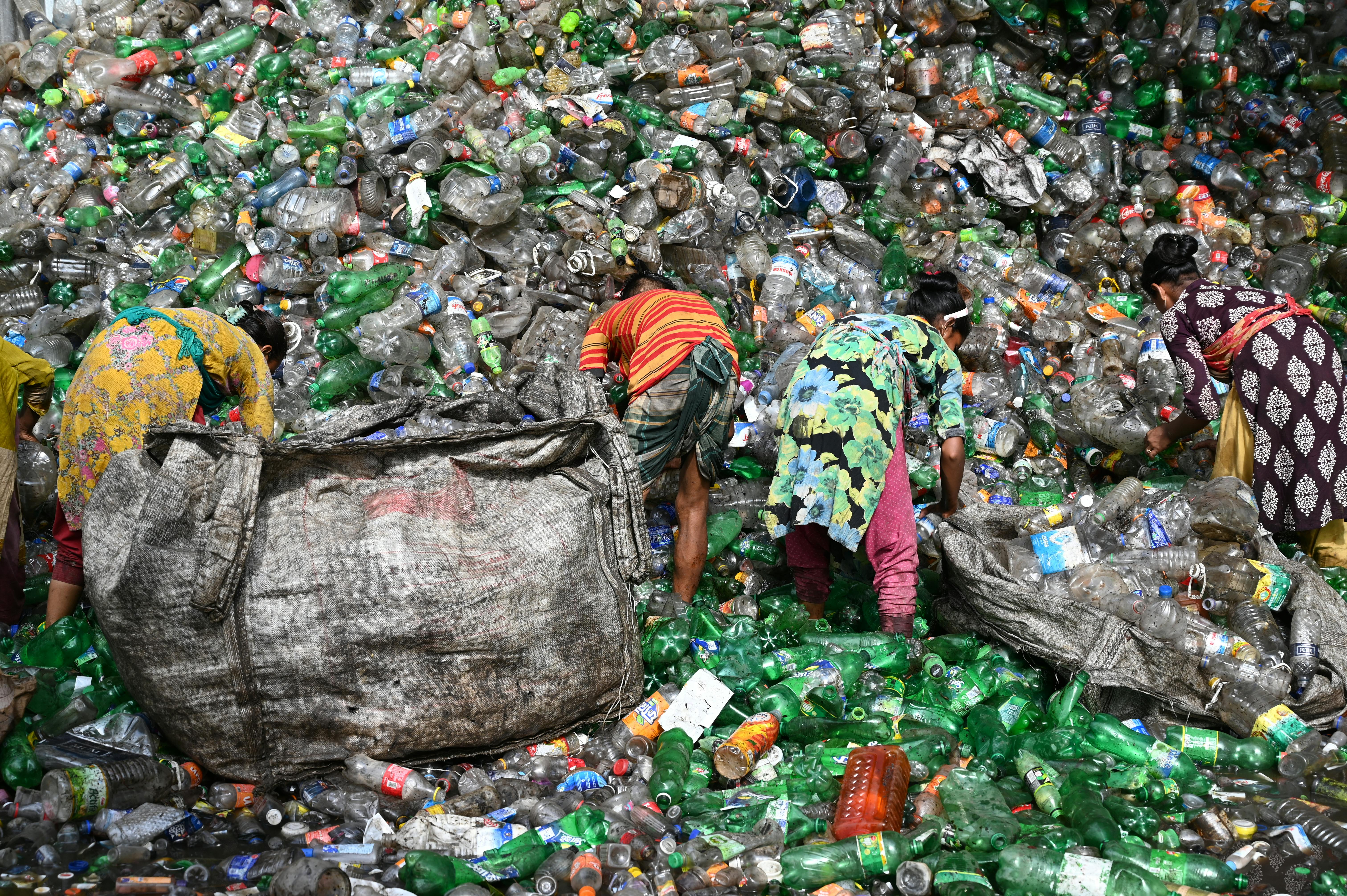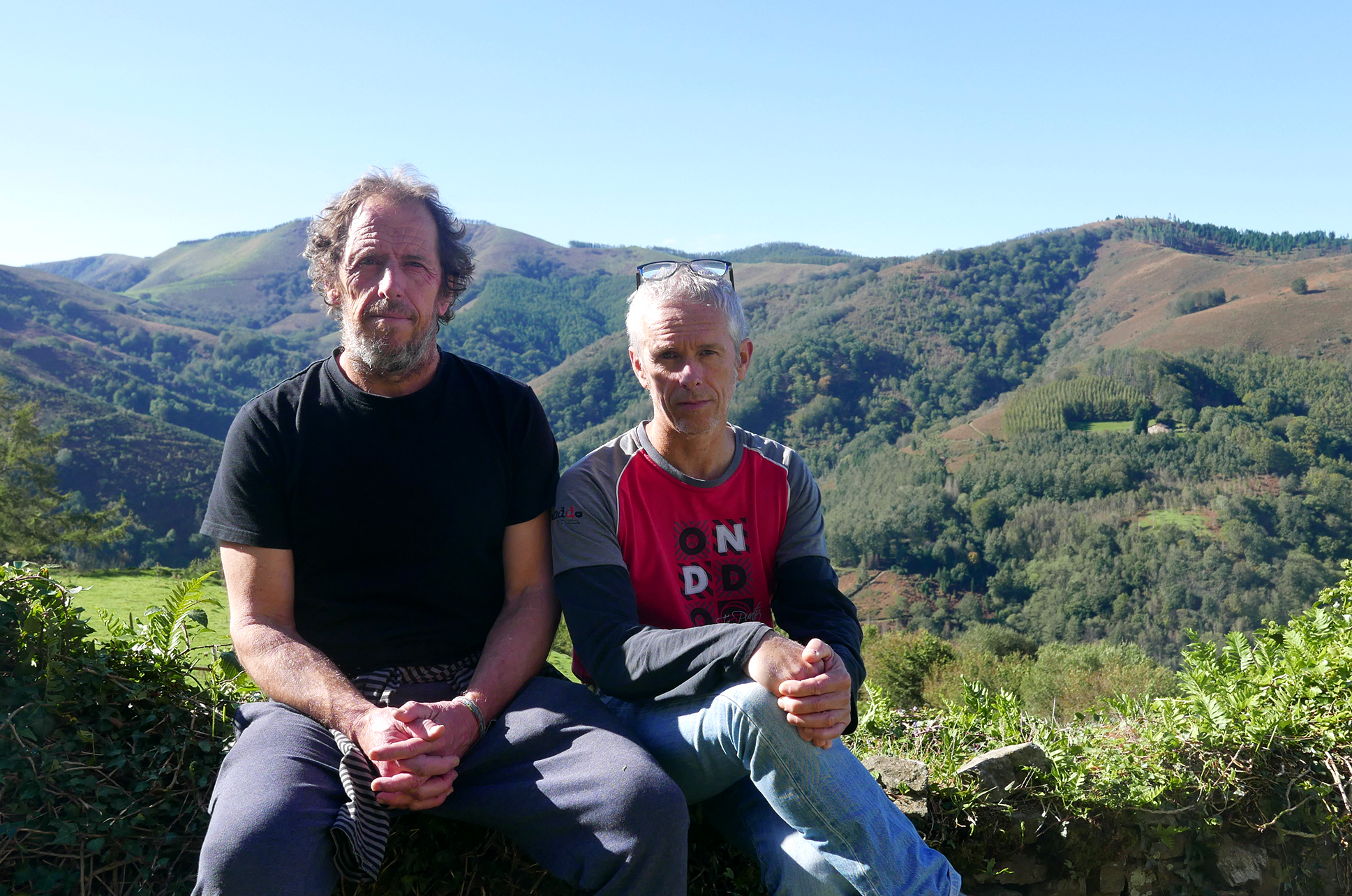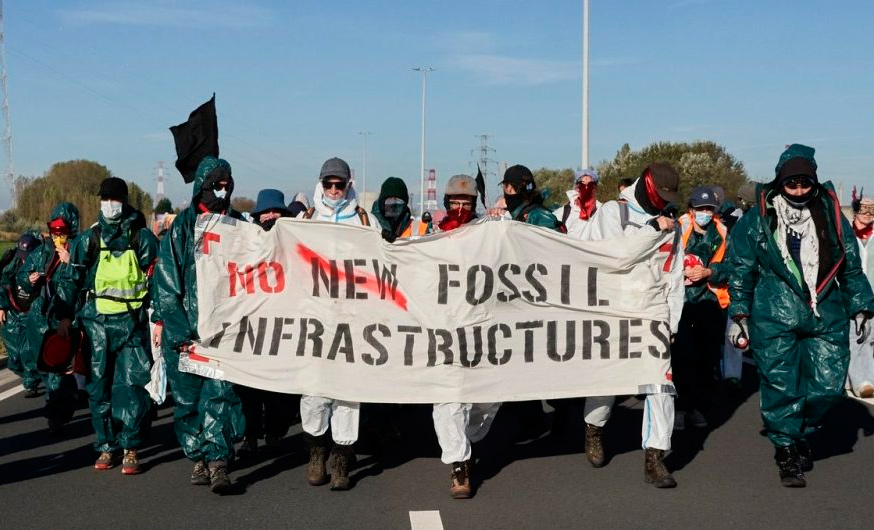Wind, sun, electricity, lithium, hydrogen... And now to study the lap?
- The price of electricity has alerted us to the Europeans of the narrow port in which our entire economic system is located: the warehouses reduce gas, the price of oil, the total demand for electricity not covered by renewables… The hunger for energy following COVID-19, the concern of the winter, Europe has gone to Russia in hiding from coal.
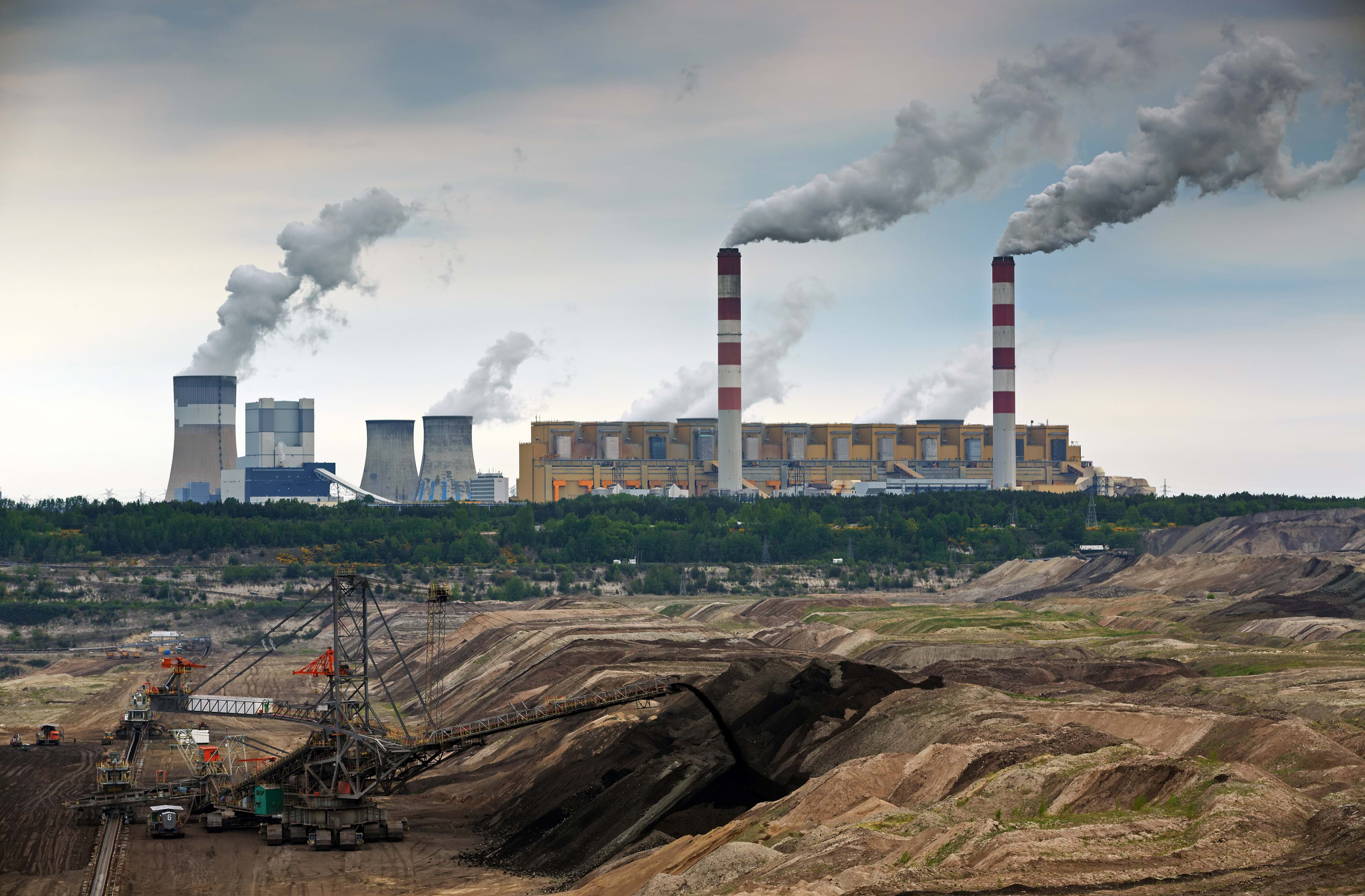
The agency Bloomberg published at the end of September, in one of the chronicles that explain the current state of neoliberal globalization: “Now the troubled European energy market requires not only natural gas from Russia. European electricity producers have been forced to ask Russia for more coal to alleviate in some way the energy crisis they are experiencing, bringing winter closer and bringing gas closer to the most expensive price of all time.”
Re-study Europe? “That’s a Chinese thing,” an honest citizen who looks at the mainstream media will tell you. China has decided to re-study, fearing that the lack of energy in the economic heat after COVID-19 will leave its citizens in the cold winter. During the month of October, news agencies announced that the Beijing Government has commissioned all mines to produce in their entirety, and that they are suffering the toughest electrical cuts of all life, to disrupt economic activity and the daily lives of citizens.
The mining sites in the areas of Inner Mongolia and Shanxi have been dismantled from production buffers. If Inner Mongolia had this year's limit of 178 million tonnes of coal, Beijing will have to produce 98 million more to fulfil the mandate of the Council of State and replenish dozens of mines that were already closed. With these measures, however, China will not be able to solve the problem completely and will have to continue to reduce electricity. Some experts have anticipated that this winter will have to reduce industrial activity by 12%, even more so if there is any special cooling. To this must be added the possibility that some large electricity companies will go bankrupt because of the increase in coal … it can be understood how the cocktail of the stamping (no growth + inflation) that China would extend to the whole world is taking shape.
All of this in China. But, to the disgrace of the promises of transition made by the Western authorities to channel the climate crisis, the coal issue has come to us.
The Reuters agency announced on October 12 that “the rise in gas prices is pushing Europe to study.” If you understand the trend, you also have to include in the equation the carbon price, that is, the carbon emission price in the neoliberal strategy against climate change, which marks the European Emissions Trading System (EU ETS) in emissions trading at all times.
The truth is that since the beginning of 2021 gas has increased by 400% (sic), coal by 200% and CO2 emissions by 85%. Although until last July electricity companies benefited from the three components, coal was a winner. When most of Europe’s coal mines were sawn, European electricity companies have come to Russia to apply for it and say that they will hardly be able to supply them because they already had a high demand for coal from Asia. A nice panorama to set the COP26 climate summit in Glasgow…
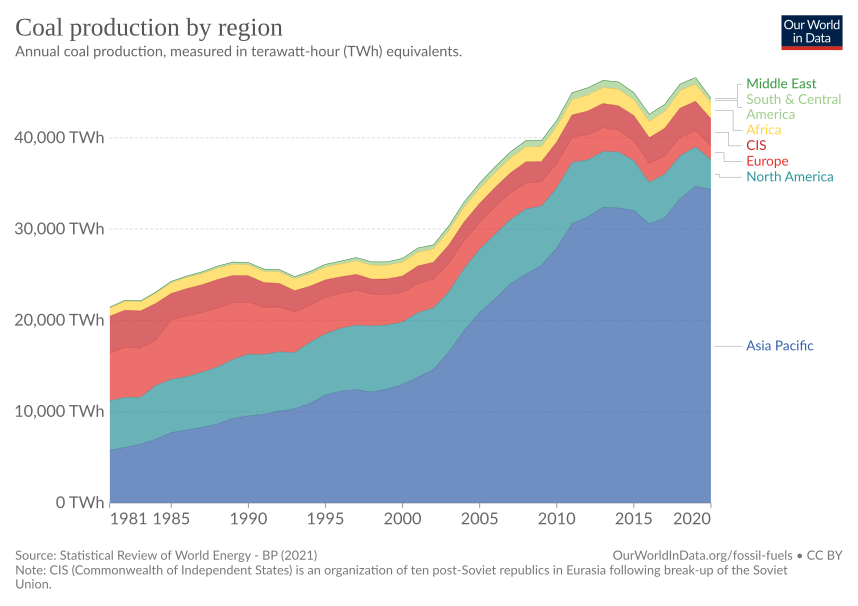
NO REDUCTION IN CO2 EMISSIONS
The weekly Newsweek presents the opposing views of two experts on the significance of this great step backwards that Europe is taking on the famous path of transition. Dirk Buschle, head of the European Chair of Energy and Climate Policy at College of Europe, believes that this period of thunder will lead to even more investments in renewable energy: “In the oil crises of the 1970s, some countries, such as Germany, believed that by producing coal at home, they would ease dependence on foreign fuels. But this dream lasted little because oil prices soon normalized and, on the contrary, coal needed expensive subsidies.”
Ralph Schoellhammer, professor of international relations at the University of Vienna, blames the environmentalists for the closure of the road to nuclear power stations: “Climate policy has been dictated by NGOs and young activists, not by scientific evidence, and it is now very difficult to step back. (…) Leaving fossil fuels has been based on a dream: It would have no effect on the daily lives of European citizens. (…) If things remain the same, it may be the beginning of the end of the Greens’ movement, as the costs of bringing Europe to alternative energy sources will be higher than the sacrifices prepared to bear the people of the lower classes.”
The interpretation of engineer Antonio Turiel in the blog The Oil Crash, always a reference in these topics, is very different. We summarize it. At the same time as the gas crisis in Europe, which is also behind the increase in electricity, was hardening, the crisis in coal took place in parallel, especially the one that hit China and India: China owes 65% of its total energy to coal and India 70%. But just like oil, cheap coal is running out. Mines around the world are performing worse and worse, producing poorer quality coal at a higher cost.
Therefore, says Turiel, we are overcoming or are about to exceed the global coal peak, but the current production level can be maintained for decades. Carbon emissions will therefore continue to increase the climate problem, as the decline in oil production will make coal more important as a substitute. The fact that Europe now despaired and asked Russia for coal shows that the commitments made in the fight against climate change were empty.
Turiel ends: “The energy transition, called eco-friendly by some, has never been organised to solve the climate problem, but to solve the energy crisis caused by oil, gas and coal summits. People who believe with good intentions in this impossible energy transition model should open their eyes and realize that what they cared about here was not the defense of the environment, but the business of a few. Although this leads us all to a dead end, as a society and as a civilization.”
Espainiako Estatuko zentral nuklearrak itxi ez daitezen aktoreen presioak gora jarraitzen du. Otsailaren 12an Espainiako Kongresuak itxi beharreko zentral nuklearrak ez ixteko eskatu zion Espainiako Gobernuari, eta orain berdin egin dute Endesak eta Iberdrolak.
The Centre Tricontinental has described the historical resistance of the Congolese in the dossier The Congolese Fight for Their Own Wealth (the Congolese people struggle for their wealth) (July 2024, No. 77). During the colonialism, the panic among the peasants by the Force... [+]
The update of the Navarra Energy Plan goes unnoticed. The Government of Navarre made this public and, at the end of the period for the submission of claims, no government official has explained to us what their proposals are to the citizens.
The reading of the documentation... [+]
Environmental activist Mikel Álvarez has produced an exhaustive critical report on the wind macro-power plants that Repsol and Endesa intend to build in the vicinity of Arano and Hernani of the region. In his opinion, this is "the largest infrastructure of this kind that is... [+]
Recently we have had other arguments to convince us of the need for macro-projects in the surroundings of Euskal Herria. An example of this was the article published on the website of the EHNE of Bizkaia to one of the participants of the Ecosocial Jump initiative: "For... [+]
On 3 September the Official Bulletin of Navarre published the announcement by the Government of Navarre announcing the update of the Navarre Energy Plan. This should be an important step for the future of our community, taking into account the importance of energy and its use... [+]









